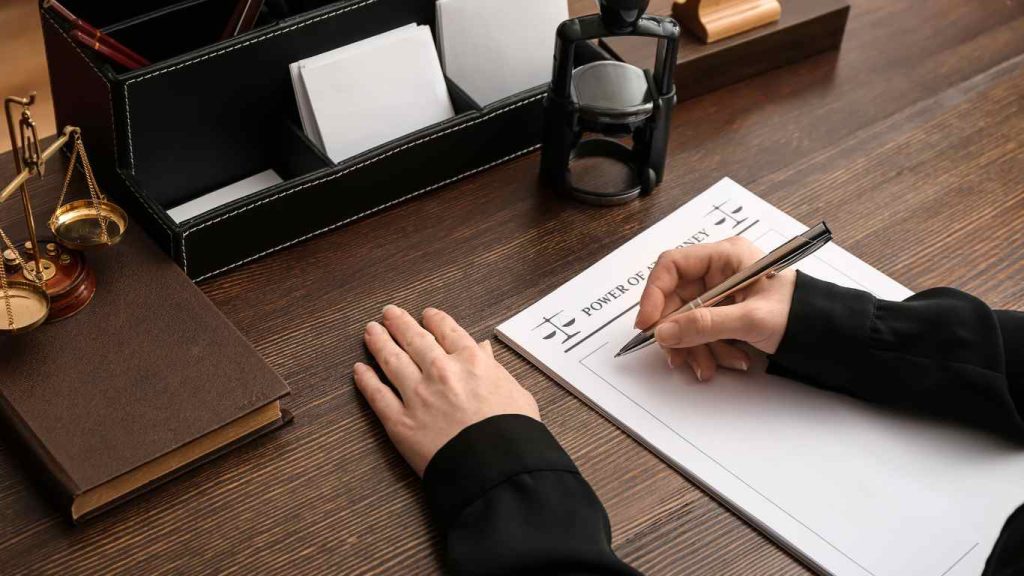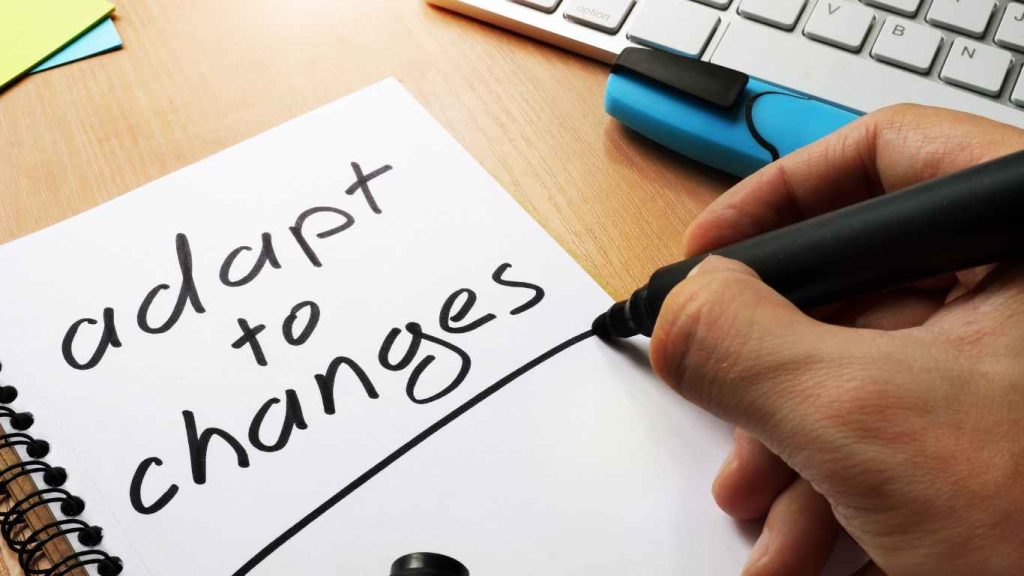A lawyer/legal professional education doesn’t end the day they graduate. It starts from there. Lawyers’ education is a continuous process. They have to keep taking up new courses and learn about new laws and compliances.
Working in a complex and ever-changing legal environment requires lawyers to stay updated with legal technology, compliances, court rulings, and other industry advancements. Continuing legal education credits help lawyers stay updated.
But what are CLE credits? How to earn CLE credits, etc? If you are not already familiar with legal education credits. This guide will help you. So continue reading and you will have all the answers.
What is CLE?
Continuing legal education is the ongoing legal education that lawyers and attorneys have to complete after they complete their graduation. It is an ongoing process and most of the lawyers prefer taking CLE courses to advance in their career. For CLE credits, lawyers have to take part in some CLE-eligible activities. These can include CLE courses online, CLE compliance, webinars, and workshops that are related to law.
How to Earn CLE Credit?
Continuing legal education credits are an important part of a lawyer’s career. It helps them in advancing their career and attracts more clients. There are various ways in which lawyers and attorneys can earn CLE credits, and some of them are:
Attend Legal Seminars and Conferences

One of the most common ways of earning credits is by attending CLE webinars, conferences, and seminars that are hosted by legal institutions. Various legal institutions keep hosting these events and by attending such legal conferences, lawyers can gain insights about legal news, and trends and earn credits at the same time. Usually, these events and conferences cover numerous topics in educating lawyers.
Legal Writing and Publications

Writing articles, conducting legal research, and publications also contribute to earning legal credits. Many CLE websites give you CLE credits for posting on them regarding certain informational topics.
Online CLE Courses
Various websites offer CLE courses that lawyers can complete at their own pace and earn CLE certificates and credits. These courses help them learn and they also include assessments to ensure comprehension of CLE credit.
Where To Earn Free CLE Credits?

Every lawyer is looking for ways to earn CLE credits and there are various ways of doing it. Below we are mentioning where you can earn free credits:
State Bar Associations
All state bar associations offer CLE credits, so it is the best place to look for free CLE. Check your eligibility and requirements for the same. Many bar associations host events and attending members are eligible for free CLE credits.
Here are a few examples of free CLE events by State Bar Associations:
The Illinois State Bar Association (ISBA) offers CLE content for eligible members through on-demand webinars for over 700 hours. By taking part in this webinar, lawyers can earn 15 MCLE credit hours per bar year.
The West Virginia State Bar is another state bar association that offers free CLE credits through recorded webinars. Lawyers who are part of this get free CLE credits for attending.
The American Bar Association
The American Bar Association is a popular law organization for lawyers and legal professionals around the United States and beyond. The ABA offers various resources for lawyers, legal professionals, law students, law schools, and other members of the organization. It also offers various free CLE programs for its members. The organization offers 600 widely accredited online CLE webinars and other on-demand resources to its members. It is part of their member benefit library.
Some free CLE programs that are available for members currently are:
IOLTA 101: The Nuts and Bolts of Handling Pooled Client Trust Accounts [CC]
Time Management for Newer Lawyers [CC]
Understanding Bar Reciprocity and How it Works [CC]
Lobbying for Non-Profits: You Can, You Should, Let’s Talk About Why & How [CC]
CLE Requirements By State
Here are the requirements of CLE by different states:
Virginia CLE requirements: Total 12 credits hours every year is required for Virginia. It requires at least 2 hours in ethics and 4 in live.
CLE requirements California: Total of 25 hours are required for California in three years. This includes 1 hour of Civility in the Legal Profession, 2 in Elimination of Bias in the Legal Profession, 2 hours on Prevention and Detection Competence, 1 hour of Technology, and 4 in ethics.
CLE requirements Ohio: Total of 24 credits every 2 years is required in Ohio. 2.5 in Professional Conduct: Ethics, Professionalism, and others are required.
CLE requirements Texas: For Texas, 15 credits per year are required, and at least 3 in Ethics.
CLE requirements Florida: In Florida, 33 credit hours are required every 3 years. At least 5 in Substance Abuse, Legal Ethics, Bias Elimination, Professionalism, or Mental Illness Awareness
At least 3 in Technology.
NY State bar CLE requirements: New York Bar requires 24 credit hours. At least 4 in Ethics
At least 1 credit of Cybersecurity, Diversity, Inclusion, Elimination of Bias Privacy and Data Protection
Reasons Why You Should Get Your CLE Credit
Here are a few reasons why you should get your CLE credit:
Adapt to Evolving Legal Landscape: The legal landscape keeps changing. Lawyers and legal professionals have to evolve with new rules and regulations. The CLE courses ensure that legal professionals and lawyers are adapting to these changes. CLE credits help in staying relevant to all kinds of changes.

Career Advancement: CLE demonstrates lawyers’ commitment to their profession and clients. It creates a positive impact among clients as they know their lawyer is updated about all the advancements in the legal field. CLE classes help lawyers advance their careers and build a strong reputation.
Global Perspectives: If you are an attorney practicing worldwide, you will need to have an understanding of law worldwide. It’s important to have a global perspective to make better decisions. There are a few CLE programs that offer insights about international law and help in broadening your perspective.
Specialization and Expertise: Legal professionals and lawyers usually choose one specific area for legal practice. With the help of CLE, they can improve their expertise in a particular law field. They can deepen their knowledge and establish themselves as an expert in the industry.
Teaching Opportunities: CLE can also open the doors to legal teaching opportunities. Lawyers and attorneys who have accumulated lots of credits can take advantage of it and become a mentor. They can share their knowledge with other lawyers.

The Bottom Line
Continuing legal education is the key to career advancement. Lawyers who want to maintain legal standards, improve their skills, and who want to stay on top of ethical responsibility. But sometimes paying for CLE courses, CLE webinars, and other programs can be expensive, this is why we have shared some of the free ways of earning CLE.
Frequently Asked Questions
In terms of law, CLE stands for “Continuing Legal Education.” It refers to the ongoing training and education that lawyers take up while practicing law to advance their careers. These credits help lawyers stay relevant in their legal practice.
The frequency of CLE credits varies from state to state and jurisdiction to jurisdiction. You will need to check with your state bar for the frequency of CLE credits required.
Yes, you can earn credits through self-study. There are various jurisdictions that allow you to do self-study for credits. You can take online courses, and read legal publications for earning credits.
If you don’t meet the necessary credit requirements for CLE you may face fines, suspension, or even disbarment. So make sure you stay informed about it and fulfill all the obligations.

